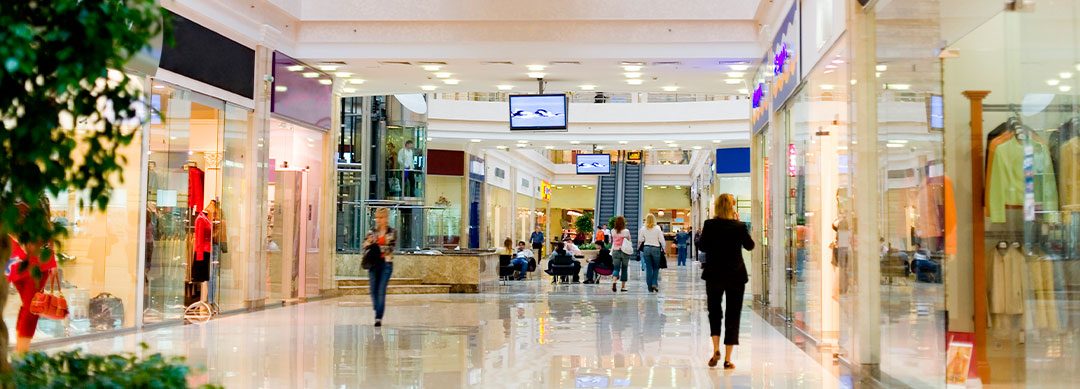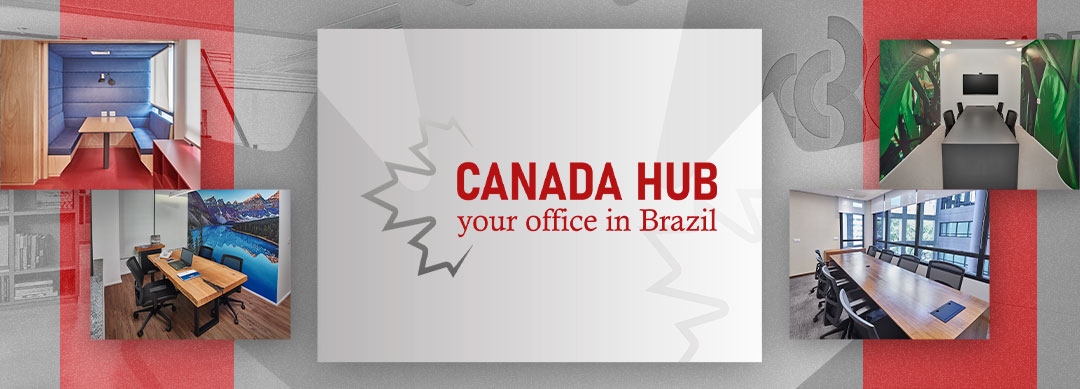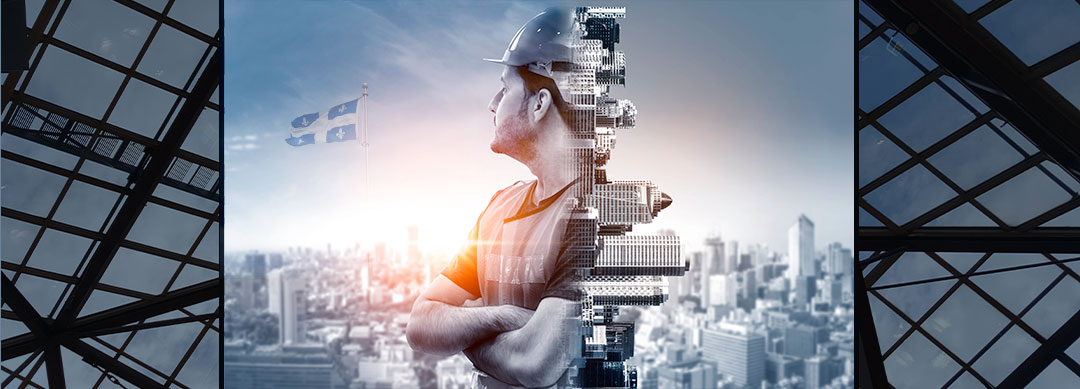Brazilian franchise sector grows solidly and opens space for new brands, entrepreneurs and investors
By Estela Cangerana
The franchise market in Brazil has been growing at levels much higher than those of the national economy in the last ten years and the business today presents itself as an advantageous option for the development of new brands in the country. With the strength and security reaffirmed after the promulgation of the Law No. 13.966/19 (Franchising Law) last year, the sector collects attractions for international entrepreneurs and investors, in a scenario that has all the characteristics to awaken Canadian interest.
Franchises generated revenues of US$ 46 billion in Brazil in 2019, with growth of 6.8% in relation to the previous period, while the economy as a whole had an increase of only 1.1% in the same interval, as highlighted by the administrative-financial director of the Brazilian Franchising Association (ABF), Marcelo Maia. “We have a consolidated and well-regulated sector, which has established itself in the country as an alternative that is much sought after by entrepreneurs, whether for main activity or as a way to obtain a second income”, he explains.
The statistics compiled by the association, which is the second largest in the sector in the world, confirm this statement. Last year, the number of companies in this model expanded by 4.7% over 2018, to 160.9 thousand businesses, which generated 1.3 million direct jobs. There are 2,918 brands in the fields of food, health and beauty, fashion, hotel business and education, among others. Just over 7% of them are of international origin (214). Canada is eighth in the ranking of the 30 countries that have franchises in the Brazilian market, with seven brands (Mad Science Group, Sweet Beginnings, Maple Bear, Canadá Intercâmbio, Pita Pit, Yogen Früz and WSI Brasil).
This number, however, is expected to rise, following the example of companies that have established themselves in this format in the country in recent years. These are names like the Maple Bear education network, “today a brand already widely recognized in Brazil”, remembers Maia.
According to him, in addition to the great potential of the national market, one of the factors that support the coming of international business is the Franchising Law itself, “a modern law, which allows foreign brands to understand the system and take shelter under a security umbrella to act in the sector”.
Shopping malls
In addition to the structured regulation of the activity, the strength of the shopping malls sector in the country is another factor that attracts business. Many of the franchises find in these centers an environment with great opportunities to develop.
The Brazilian model of shopping malls was created based on the North American model, more than five decades ago, but today it offers interesting differentials, which reveal the breadth of its potential, according to the co-president of Ancar Ivanhoe Shopping Centers, Marcelo Carvalho. Among these factors are the frequency of going to shopping malls (on average seven days a month among Brazilians versus 3.4 days/month for Americans) and the highest sales conversion rate in Brazil (63% against 50% from United States).
The average flow of people per month in Brazilian malls is also important. In 2019, it had 502 million visits, in the 577 shopping malls in operation. They are present in 227 cities across the country and earned R$ 193 billion (about US$ 34.5 billion) last year. “The profile of visiting establishments is different. Brazilians go to the mall a lot, but not just to shop. He goes to have experiences, to feel good, to walk with his family, to eat, to go to the cinema, to have access to services”, explains Carvalho.
“But, while 54% of retail sales in the United States take place in malls, in Brazil, malls account for only 22% of these transactions, which shows the size of the space that still exists to grow”, says Ancar Ivanhoe executive, a company that has in its portfolio 26 malls spread across all regions of the country, with sales of R$ 17.4 billion (about US$ 3.1 billion) last year.
Model of success
One of the franchises present in malls managed by the company is Nutty Bavarian, which is also present with its kiosks at airports, train stations, supermarkets, events and hundreds of other points. The chain, which was born from an American brand, is an example of a successful franchise in the Brazilian market.
“I got to know the brand in the United States, where it is not a franchise, more than 20 years ago. I bought a Nutty Bavarian machine and decided to bring the caramel nutts business to Brazil, at a time when no one even knew the word nutts in the country,” remembers the franchise’s managing partner, Adriana Auriemo.
The company’s implementation in the national market required a series of studies and adaptations, including changes in the size of the packaging, reduction of the sugar content in the product to please the local palate and the introduction of national nutts (such as macadamia) to reduce dependence on imports. Adjustments were also made to the logo and the promotion of nutritional information, among others. According to her, the care to make the necessary adaptations and the work of trying to understand the rules of the market were essential factors for growth. Today Nutty Bavarian sells 2 tons of nutts a day in Brazil and, after being invited by the original North American brand, is preparing to take the franchise model to the United States as well.
The franchise partner, as well as the director of ABF and the co-president of Ancar Ivanhoe participated in September in a panel of debates about opportunities in the sector during the Brazilian Week CCBC Online Festival.
To know more:
To watch the full Brazilian Market Franchise Opportunities webinar, click https://www.youtube.com/watch?v=UpnzD2YsghI
Discover all the contents of the Brazilian Week CCBC Online Festival at https://eventos.ccbc.org.br/brazilianweek/




